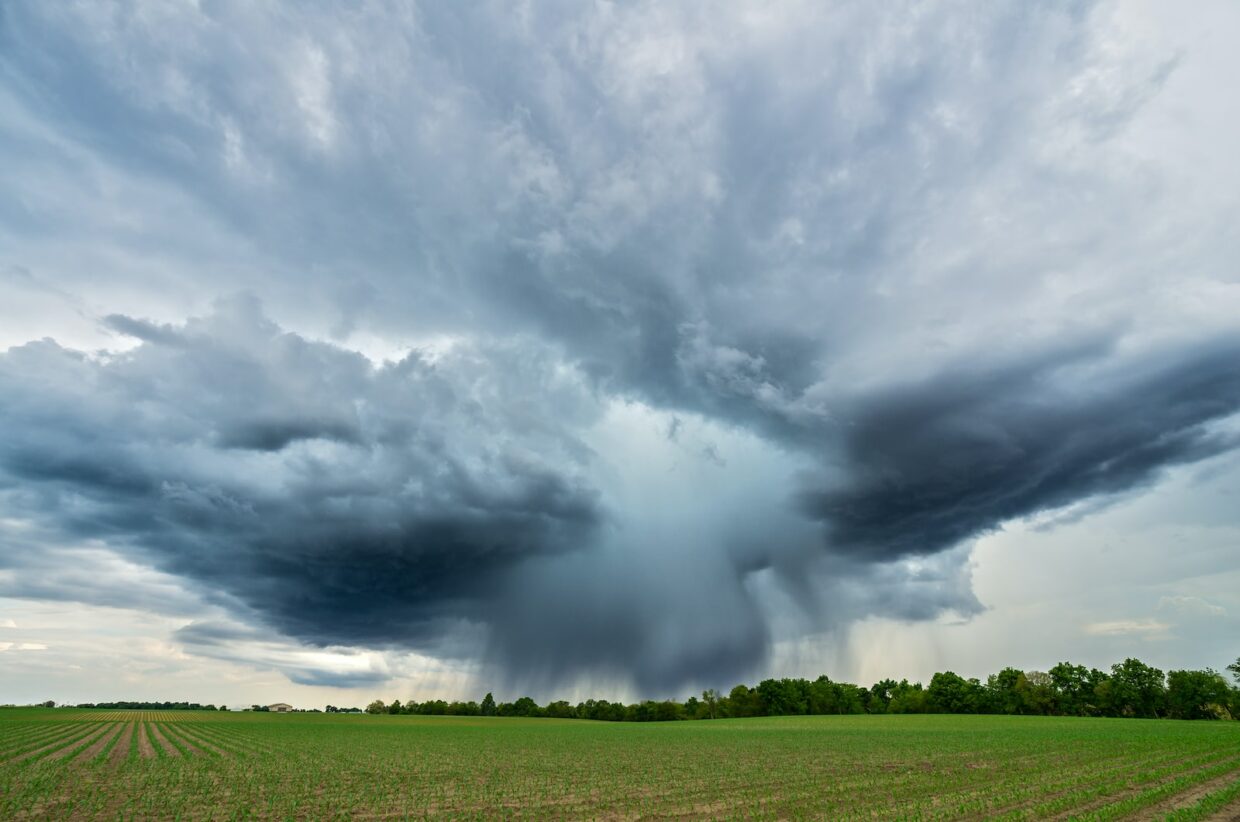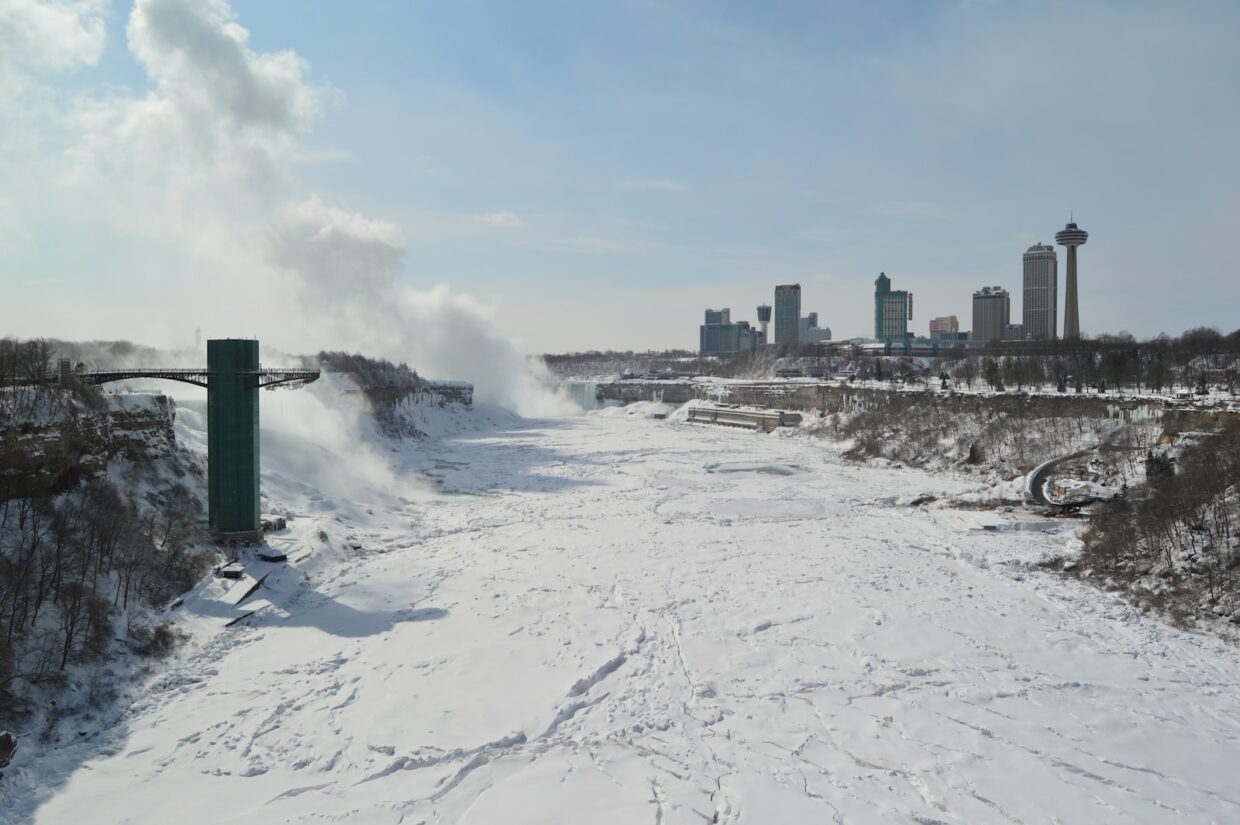New Zealand is renowned for its stunning landscape and diverse climate, making it one of the most popular tourist destinations in the world. With its picturesque mountains, lush green forests, and clear blue skies, New Zealand is the perfect holiday destination. However, the weather in New Zealand can sometimes be unpredictable and extreme, and this can have a direct effect on tourism. This article will explore New Zealand’s climate and how it affects tourist numbers.
New Zealand’s Diverse Climate
New Zealand has a temperate oceanic climate which means that its temperatures are moderate throughout the year. The four seasons of New Zealand are quite distinct; summers are usually dry and warm, winters can be cold with snow in the higher altitudes, and autumn and spring are mild and pleasant. The average temperature in the main cities of New Zealand range from 10-20 degrees Celsius during the summer months, dropping to as low as -2 degrees Celsius in winter. The mountain ranges and the coastal areas have different climates, with the former being much cooler in the winter than the rest of the country.
Rainfall & Weather Events
The amount of rainfall in New Zealand varies greatly from region to region. The east coast of the North Island is generally much wetter than the west, with average rainfall ranging from 600-3000 mm per annum. The West Coast and parts of the South Island tend to be much drier, with average rainfall ranging from 200-1000 mm per annum. The temperatures in New Zealand are also prone to extreme weather events, such as cyclones, tropical storms, and snow and ice storms.
Impact on Tourism
Due to its unpredictable weather, New Zealand can be a difficult destination for tourists. In particular, extreme weather events can cause disruption to air travel and to tourist activities. Tourists may also find the cold temperatures and extreme weather conditions of New Zealand’s winter too difficult to handle. On the other hand, the mild weather conditions of New Zealand’s summer months, coupled with its stunning landscape, are a major draw for tourists, and many people flock to the country during this time.
The unpredictable weather conditions of New Zealand can also have a positive impact on tourism. The snow-capped mountains and stunning sunsets attract visitors, who are looking for something a little different from the usual sunny beaches. Additionally, the extremes of New Zealand’s weather give visitors a unique experience that is hard to find elsewhere.
- Advantages of New Zealand’s Weather:
- Mild temperatures in summer months.
- Spectacular scenery with snow-capped mountains.
- Unique experience with extreme weather events.
- Disadvantages of New Zealand’s Weather:
- Increased risk of flight delays and cancellations due to extreme weather.
- Difficult for tourists to cope with cold temperatures in winter.
- Unpredictable rainfall throughout the country.
Overall, the weather in New Zealand can be unpredictable and extreme, and this can have a direct effect on tourism. However, it is this unpredictability that also makes New Zealand a unique and desirable travel destination. Travelers should research the area they are visiting and be prepared for any potential weather events, in order to make the most of their visit.






































